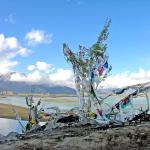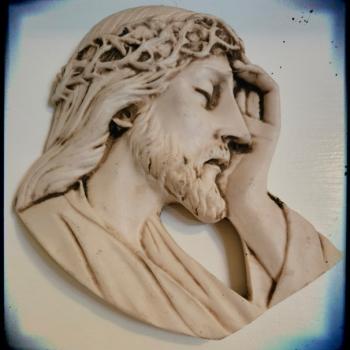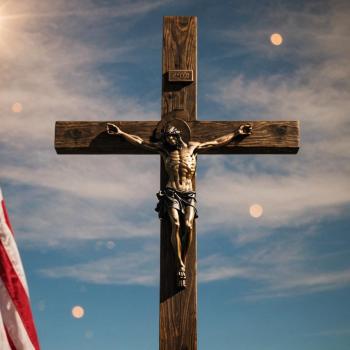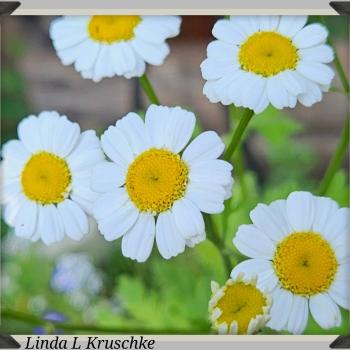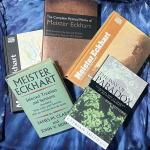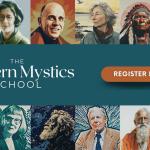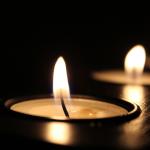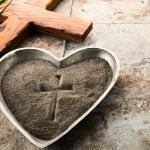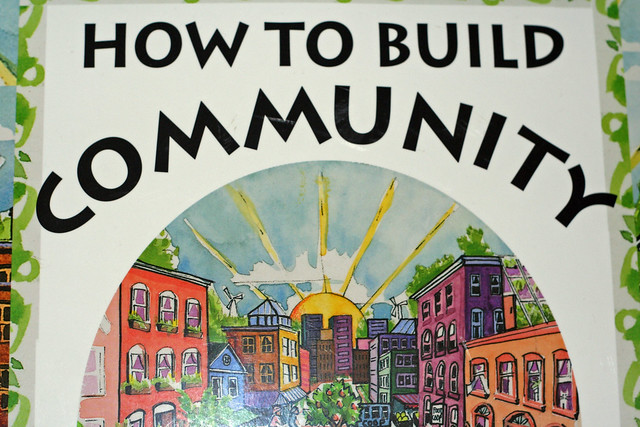
How Are We Practicing Community?
We all thirst for community, yet we are each practicing community in our own ways.
There have been times in my experience when I sought community based on shared interests. I learned community is more than just being interested in the same things. Even when our opinions or habits or ideas bring us together, we might not be practicing community.
Some people would like to define community based on our family background. They try to make predictions by analyzing the African American community or the Latino community. I have found I do not necessarily share community with only the people who look like me.
Community is more than sharing experiences or background, or having similar perspectives. We do not always practice community by agreeing about things.
In fact, I often practice community with people with whom I disagree.
We practice community when we share our stories, respecting and listening to other people.
My life seems like a trial and error series of lessons in practicing community. We need to exercise patience as we explore whether to practice community together.
How do we practice community? Do we practice community as an exclusive privilege we grant, or a gift we share generously? How do we understand community and how do we encourage others to practice it?
My experience has taught me true community is based in the ways we share our values. We may have different styles or disagree about specific questions. As we discover our own core values and explore other people’s, we build community.
Community does not last forever. It can be elusive, and is a challenge to build and maintain. As we discover the ways we contribute to community, we can help other people explore for themselves.
How Do We Help Others Practice Community?
We help other people practice community by practicing it ourselves and sharing what we learn.
Like any other spiritual practice, it is not our responsibility to become perfect at it. Practicing community is an opportunity to apply the questions and insights we gain from reflection.
Clarity
We see community more clearly as we continue to reflect and apply what we learn. We practice community the same way we follow a prayer practice or practice hospitality. It is the same as when we practice a sport or playing a musical instrument. We reflect and we apply what we learn to our practice.
As we see community more clearly we share with the people around us. We translate when there is confusion, resolve conflicts, and put our deep truths into action.
Listening
It is easy for us to forget practicing community is about listening.
There are people who believe practicing community is all about talking, writing, expressing themselves. They believe we need to spread the word to practice community.
We can forget listening is at least half of communication.
When we listen we practice community and recognize other people have value. We create opportunities for people to listen to each other.
Listening to someone pays them respect. We can forget what it feels like when someone listens to us deeply and honestly.
Listening may be the most intimate thing we can do with another person in public.
Recognizing Potential
We practice community when we appreciate other people have potential. Community is not about controlling every aspect of every part of every person’s every action. We build community when we allow people to do things for themselves.
Community does not depend on what we do on our own. We practice community when we work together.
How Can We Practice Community More Effectively?
We develop our ability to practice community as we practice.
Our first step is toward ourselves. We develop understanding as we discover and explore our own values. Spending time reflecting and discerning our values helps us share them with other people.
Other people can help us explore our values, but no one can tell us what our values are.
As we get to know and understand ourselves more deeply we become more able to practice community. Recognizing and appreciating our true selves and our core values makes community possible.
We learn more about the significance of community as we practice it. Like any other spiritual practice, it becomes part of us as we spend our time doing it. We do not learn how to practice community by reading about it or studying it. Our approach is more practical than analytical.
The most effective way to learn about community is by practicing.
Community, like most spiritual practices, is a relationship. We build the strongest, deepest relationships when we relate at the deepest level. When we understand ourselves well it enables us to share ourselves and connect to others deeply.
Community grows as we grow in ourselves and closer to each other. Each time we practice community we learn and apply new lessons. Our community grows stronger.
We Explore How We Practice Community
Like any spiritual practice, we learn and grow and share ourselves with others.
We watch ourselves practice, not to evaluate our practice, but to see how we could grow stronger. Remembering and reflecting, we ask ourselves what was good and what could have been better.
Listening to others, we recognize ways we can strengthen how we practice community. We ask people for ideas or direction in strengthening our practice.
As we dig more deeply into our own personal ways of practicing community, we learn. We continue to draw lessons from our past to apply in the present and the future.
Our own values shape how we practice community in our own unique ways. As we discover and explore we build community based on the values we share.
I often find myself practicing community online, with people I have never met in real life. More and more my communities stretch to encompass people who live far from me. My computer and my phone introduce me to new ways of practicing community every day.
How are we practicing community this week?
Where is our practice of community growing today?
[Image by niallkennedy]
Greg Richardson is a spiritual director in Southern California. He is a recovering assistant district attorney and associate university professor and is a lay Oblate with New Camaldoli Hermitage near Big Sur, California. Greg’s website is http://StrategicMonk.com and his email address is StrategicMonk@gmail.com.


